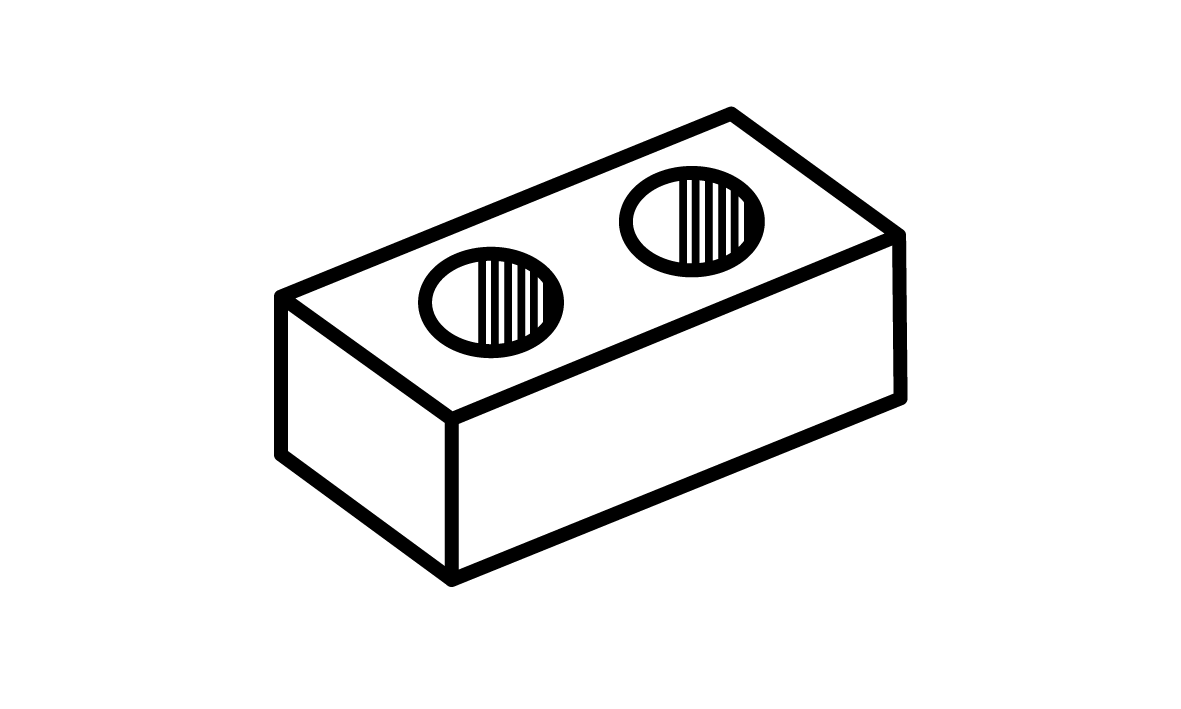Are you woke?
A national emergency?
Being “woke” is a major problem…apparently! The word has recently entered the political landscape of right-wing politicians on both sides of the Atlantic. In the UK, of the original 6 candidates for the leadership of the governing party, at least three took a focused aim at “wokeism” as a concept.
The term “wokeness”, was thrown around with astonishing repetition during the Prime Ministerial leadership contest and was mentioned as much as, if not more than, the climate emergency, the cost of living crisis, the continuation of the impacts related to the pandemic, the predicted recession etc. It begs the question of what is being “woke” and why is it a threat to the Conservatives?
What is “wokeness”?
There is no single agreed-on definition of the term, it’s roots in relation to social justice and discrimination can be traced back to 1930s’ America:
The phrase stay woke had emerged in African American Vernacular English (AAVE) by the 1930s, in some contexts referring to an awareness of the social and political issues affecting African Americans.
Wikipedia
The phrase “stay woke” can be traced back to 40s’ America. Black folk and blues singer Lead Belly sang in his song Scottsboro Boys: “I advise everybody to be a little careful when they go along through there, stay woke, keep their eyes open.”
The Stylist
The 21st-century interpretation links with the #BlackLivesMatter movement as #Staywoke was often used as an adjoining hashtag. The Cambridge English dictionary defines it more broadly as:
a state of being aware, especially of social problems such as racism and inequality.
So, the term was birthed by African Americans, meaning to have an awareness of inequality such as racism. You would be forgiven for thinking that the word means something entirely different, as it is thrown into numerous contexts, with commentators and politicos ( including the potential next PM) lined up to instigate a “war on wokeness”. But what is wrong with being alive to, and aware of social problems and inequality?
Are you woke?
So how can you tell whether you are woke? Here are a few questions which may help you to decipher this:
Are you challenging yourself to learn more about people who are different from you, in terms of cultural background, lived experience, gender, belief or sexual orientation and more?
Are you trying to better understand the unequal treatment in societal systems that you have seen or heard about?
Are you exploring ways to make change as an individual or collectively for greater inclusion or diversity?
Are you using your voice to advocate or are you taking action to provide support and allyship?
Each of these activities is central to the notion of justice for all. Being educated about what justice looks like via a variety of perspectives should be prized and valued. We only assume with the recent rhetoric that this type of understanding and knowledge doesn’t align with the central government’s vision of the future of Britain.
The misuse and weaponisation of the word are designed to make those asking questions and involved in education, debate and action feel threatened while dismissing and belittling the history and current issues that good governance is designed to address.
The weaponisation of “woke” is nothing new. Political discourse has been reduced to name-calling as a replacement for serious debate and generating solutions as the leadership vacuum continues to grow.
What can be different this time is our resilience to the powerful few who are engaged in, divisive and desperate rhetoric, which requires reframing care, concern, understanding and allyship, as a threat.


